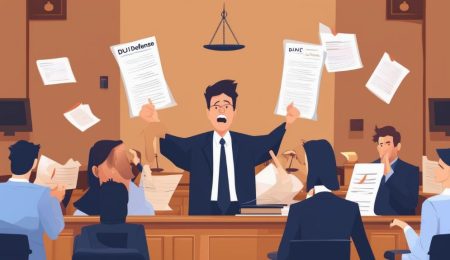- July 15, 2024
- Travel Jiffy
- Legal
Table of Contents
ToggleUnderstanding the Goals of Maritime Law
Q: What are the primary objectives of maritime law?
A: The goals of maritime law encompass legal protection, worker rights, safety regulations, industry standards, accident liability, compensation claims, environmental impact, international treaties, insurance coverage, and resolution of maritime disputes. These aims ensure fair treatment and just outcomes for all parties involved in maritime activities.
What Is the Maritime Law?
Admiralty law, also known as maritime law, governs legal matters on navigable waters. It encompasses regulations, liability for vessel accidents, compensation for offshore injuries, coverage under the Jones Act, and processes for Longshore claims.
Frequently Asked Questions About Admiralty Law and Maritime Law
Q: What does admiralty law cover?
A: Admiralty law, also known as maritime law, covers legal matters related to activities on navigable waters. This includes regulations, liability for vessel accidents, compensation for offshore injuries, coverage under the Jones Act, and processes for Longshore claims.
Q: What is the Jones Act in maritime law?
A: The Jones Act, formally known as the Merchant Marine Act of 1920, is a federal law that provides important protections for workers in the maritime industry, including seamen. It allows eligible seamen to seek compensation for injuries suffered while working on a vessel.
Q: How does admiralty law handle vessel accidents?
A: Admiralty law establishes liability for vessel accidents, outlining responsibilities for ship owners, operators, and other parties involved. It governs compensation for injuries, property damage, environmental harm, and other consequences of maritime accidents.
Q: What types of offshore injuries are covered under maritime law?
A: Maritime law covers a wide range of offshore injuries, including those suffered by seamen, longshore workers, harbor workers, and other maritime employees. These injuries may result from accidents, negligence, unseaworthiness, or other hazardous conditions on vessels or offshore platforms.
Q: How are Longshore claims processed in admiralty law?
A: Longshore claims involve compensation for injuries or occupational diseases suffered by maritime workers who are not seamen. Admiralty law provides a framework for processing these claims, ensuring that eligible workers receive the benefits they are entitled to under the Longshore and Harbor Workers' Compensation Act.
Conclusion
Finally, enlisting a maritime attorney in New Orleans can make a significant difference in maneuvering through legal complexities and ensuring fair compensation.
With their expertise in maritime laws, advocacy skills, and effective communication, these professionals are essential allies for anyone involved in maritime disputes.
So, next time you find yourself in need of legal assistance in maritime matters, remember the benefits of having a skilled lawyer by your side.




Leave a Reply